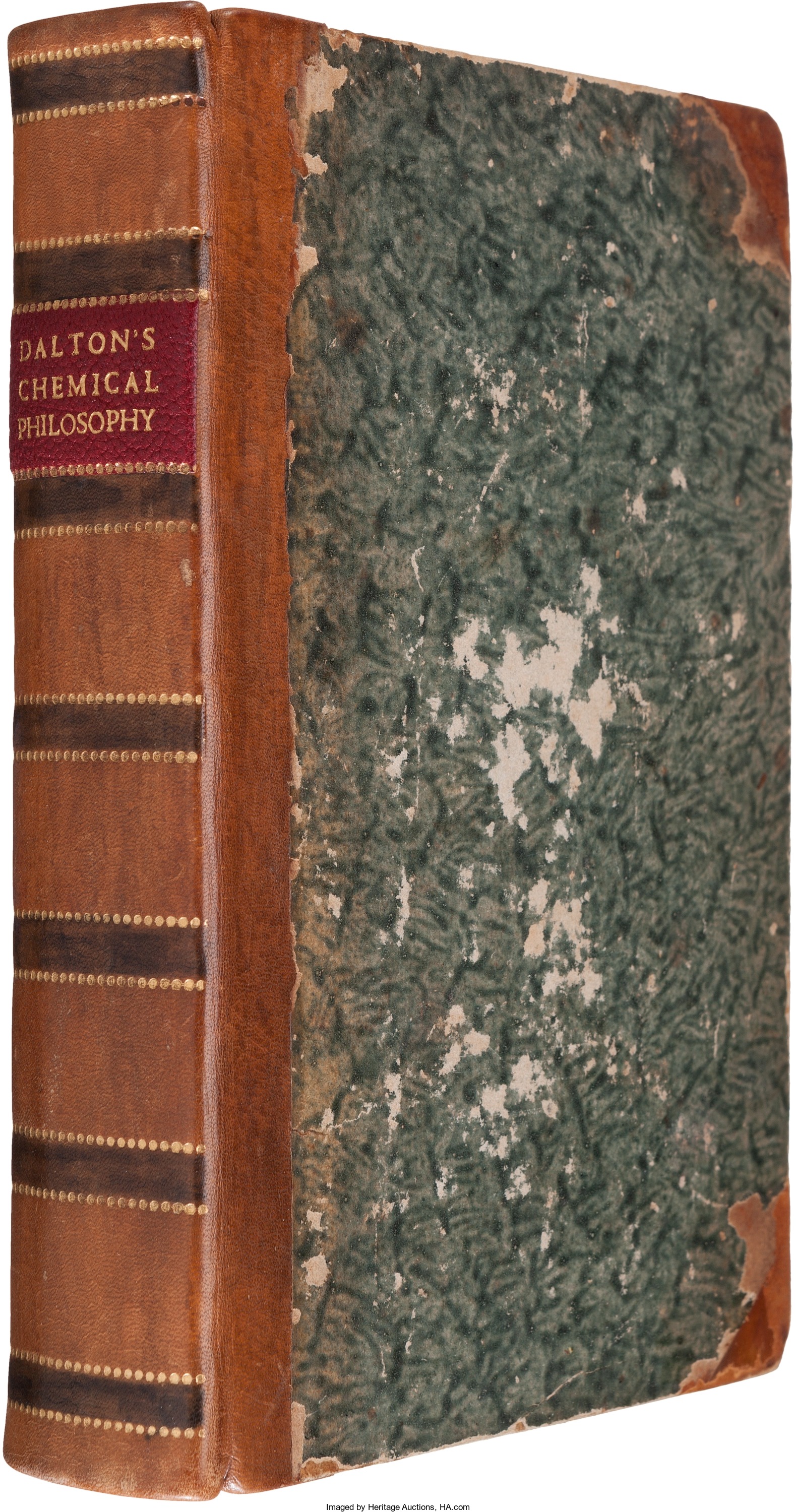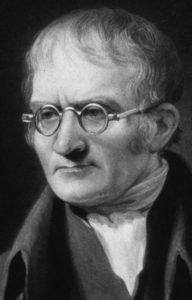
By Jim O’Neal
“Peace for our time” was proudly announced by British Prime Minister Neville Chamberlain after signing the Munich Pact in 1938. This agreement effectively conceded the annexation of the Sudetenland regions of Czechoslovakia to Nazi Germany in the hope it would quell Adolf Hitler’s appetite for European expansion. Today, it is universally regarded as a naive act of appeasement as Germany promptly invaded Poland.
A full year before, the British Museum had located a deserted, remote mine to store their priceless treasures in anticipation of war. Other institutions like the Victoria and Albert Museum and the National Gallery joined in by relocating historic records, manuscripts and artwork. Steel racks were constructed to store boxes and other containers, while shelves were hollowed out of solid rock walls. Special consideration was given to maintaining proper humidity, temperature and delicate atmospheric pressure. It turned out to be a prudent strategy.
However, despite all the frenzied planning, once the bombing started, there were simply too many British libraries to protect and the Germans were using special incendiary bombs designed to ignite buildings rather than destroy them. The effect was devastating and before the war ended more than one million rare volumes were destroyed.
One particularly perplexing example was the remarkable library of the Manchester Literary and Philosophical Society (the famous “Lit & Phil”), England’s oldest scientific society. Alas, this included one of the most fascinating and least-known scientists, John Dalton.

Dalton was born in 1766 and was so exceptionally bright he was put in charge of his Quaker school at the improbable age of 12. He was already reading one of the most difficult books to comprehend – Sir Isaac Newton’s Principia – in the original Latin! Later, at Manchester, he was an intellectual whirlwind, producing books and papers ranging from meteorology to grammar. But it was a thick tome titled A New System of Chemical Philosophy that established his lasting reputation. In a short chapter of just five pages (out of 900), people of learning first encountered something approaching modern conception. His astounding insight was that at the root of all matter are exceedingly tiny, irreducible particles. Today, we call them atoms.
The great physicist Richard Feynman famously observed that the most important scientific knowledge is the simple fact that all things are made of atoms. They are everywhere and they constitute everything. Look around you. It is all atoms … and they are in numbers you really can’t conceive.
When Dalton died in 1844, about 40,000 people viewed the coffin and the funeral cortège stretched for two miles. His entry in the Dictionary of National Biography is one of the longest, rivalled by only Charles Darwin and a few others.
Shame on the Luftwaffe for destroying so much of his original work. It is somehow comforting to know they weren’t bombed out of existence since their atoms are now merely part of something else … somewhere in our universe.
 Intelligent Collector blogger JIM O’NEAL is an avid collector and history buff. He is president and CEO of Frito-Lay International [retired] and earlier served as chairman and CEO of PepsiCo Restaurants International [KFC Pizza Hut and Taco Bell].
Intelligent Collector blogger JIM O’NEAL is an avid collector and history buff. He is president and CEO of Frito-Lay International [retired] and earlier served as chairman and CEO of PepsiCo Restaurants International [KFC Pizza Hut and Taco Bell].
